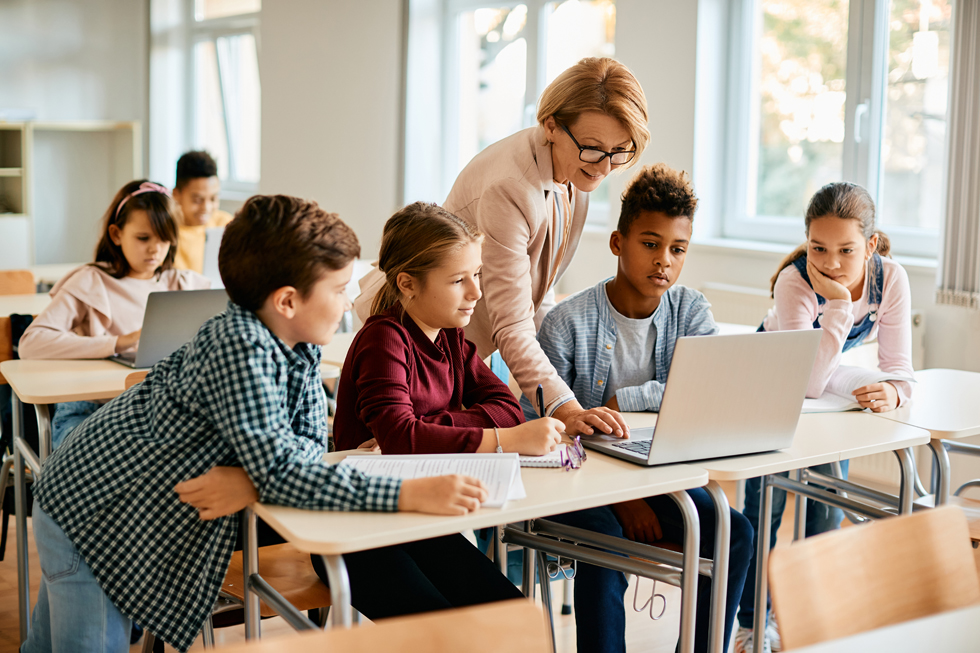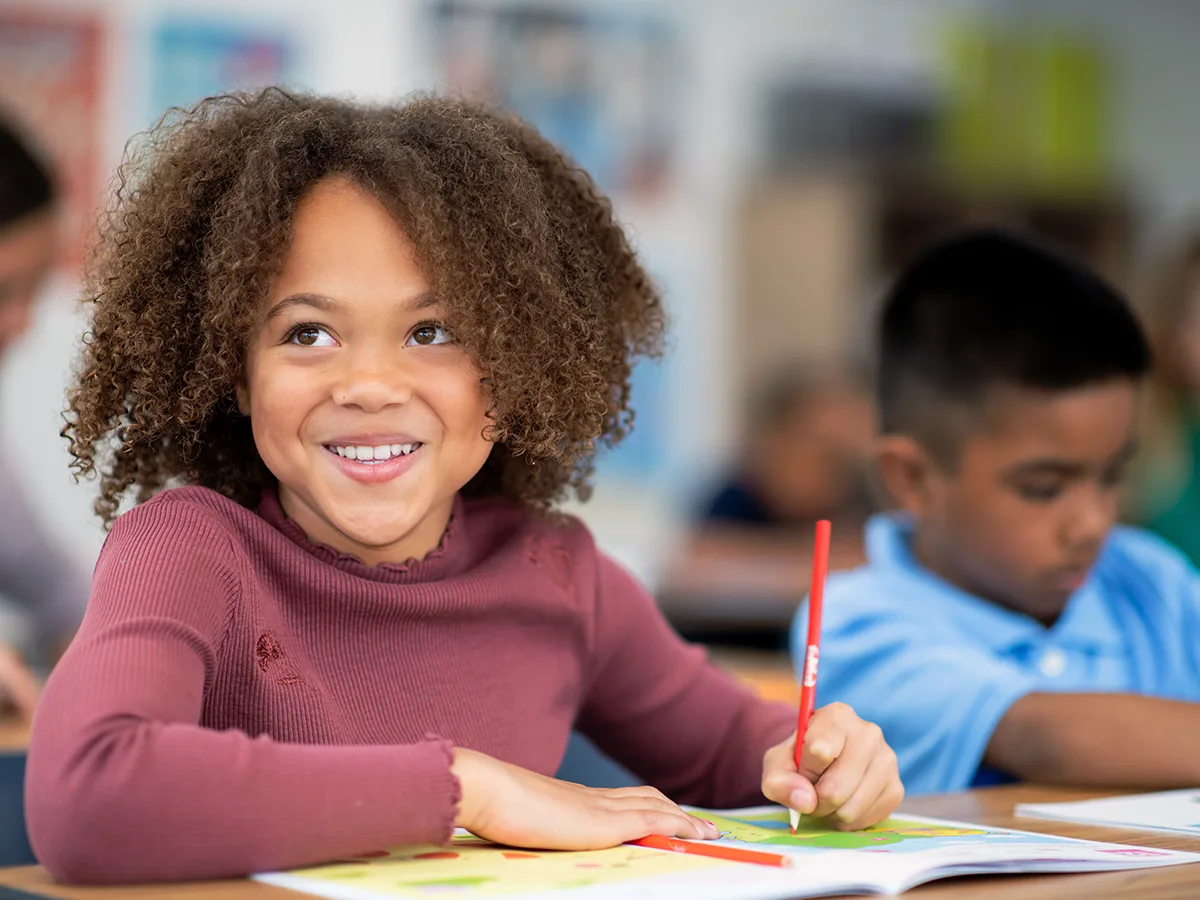Sign Up With Us: Events and Efforts to Save Temecula Schools
Sign Up With Us: Events and Efforts to Save Temecula Schools
Blog Article
Comprehending the Relevance of Colleges in Child Development and Neighborhood Growth
Schools work as crucial establishments for youngster development and neighborhood growth, offering environments where scholastic achievements are matched by the farming of social skills and direct exposure to varied perspectives. These academic settings not just promote essential reasoning and efficient communication however additionally foster compassion with joint projects. Colleges' engagement with regional neighborhoods with service-learning campaigns reinforces the bond between households and instructional establishments. This cooperative relationship highlights the relevance of institutions in nurturing active citizenship and lifelong knowing routines. What are the certain mechanisms by which these institutions achieve such profound effects?
Academic Success
Academic achievement acts as a keystone of kid growth, offering the foundation whereupon future discovering and success are developed. Colleges play an essential role in fostering this academic development, using structured settings where children can get necessary knowledge and cognitive skills. Standard curricula guarantee that trainees gain proficiency in core topics such as mathematics, science, and language arts, which are critical for both greater education and specialist possibilities.
Along with presenting essential scholastic skills, colleges also cultivate crucial reasoning, problem-solving capacities, and intellectual inquisitiveness. These cognitive proficiencies are essential for navigating intricate real-world circumstances and adapting to the ever-evolving demands of the contemporary workplace. Educators, as facilitators of learning, employ diverse instructional strategies to cater to varied understanding styles, therefore making best use of specific pupil possibility.
In addition, scholastic success is carefully connected to self-confidence and inspiration. Youngsters who experience scholastic success are more probable to establish a favorable self-concept and a long-lasting enthusiasm for understanding. Schools additionally use numerous sources, such as libraries and innovation, which additionally boost the educational experience and prepare trainees for a highly advanced culture.
Social Skill Growth
Beyond scholastic achievement, the duty of schools in social skill development is crucial. Schools function as a main venue for children to discover and practice essential social skills such as communication, teamwork, and dispute resolution. In the structured environment of a class, trainees connect with peers, teachers, and various other college team, supplying various possibilities to develop these critical capacities.
Efficient social skill development in institutions is facilitated via team tasks, collective projects, and extracurricular programs. These interactions assist students understand social standards, build empathy, and foster a feeling of neighborhood. For circumstances, group tasks instruct trainees how to interact in the direction of an usual goal, pay attention to different viewpoints, and browse disputes constructively.

The cultivation of social skills during school years lays a foundation for future personal and expert relationships. Save Temecula Schools. As students mature, the capacity to successfully team up and connect comes to be significantly vital, highlighting the school's important function in holistic youngster advancement
Exposure to Variety
Direct exposure to diversity in institutions is essential to fostering an inclusive way of thinking and expanding trainees' point of views. Schools offer as a microcosm of the broader culture, and running into varied societies, languages, and socioeconomic histories within this environment furnishes students with vital skills for browsing an increasingly globalized globe. This exposure over here urges empathy, reduces bias, and promotes mutual regard among peers.
Research study suggests that students who engage with peers from varied backgrounds exhibit much better analytic skills and imagination. This understanding of diversity prepares trainees for future work environments that worth modern proficiency - Save Temecula Schools.

Area Interaction
The benefits of varied class expand past the school wall surfaces, promoting a solid feeling of area engagement among pupils. By interacting with peers from various cultural, socioeconomic, and ethnic histories, pupils gain a broader point of view and a recognition for diversity. This direct exposure motivates them to come to be active citizens that are prepared to contribute favorably to their neighborhoods.
Institutions that stress area involvement commonly incorporate service-learning projects, which enable students to resolve real-world troubles while using academic skills. These projects not only boost trainees' understanding of their coursework but also instill a feeling of obligation and empathy. Collaborations between colleges and local organizations supply pupils with opportunities to take part in index area events, better strengthening their role as aggressive community participants - Save Temecula Schools.
In addition, adult and neighborhood participation in colleges reinforces the bond in between instructional organizations and the areas they serve. Via these initiatives, institutions play an essential duty in supporting community involvement and promoting social development.
Lifelong Understanding Habits
Creating long-lasting understanding habits is vital for a child's constant development and flexibility in an ever-changing world. Schools play a pivotal role in instilling these practices by developing a setting that cultivates interest, important thinking, and a love for knowledge. Via extracurricular activities and varied educational programs, educators motivate students to discover different subjects, examine info seriously, and apply their discovering to real-world situations.

Moreover, schools offer a structured atmosphere where youngsters can develop self-discipline and time administration skills, both of which are important for continuous understanding. By emphasizing the importance important site of establishing objectives, mirroring on progression, and adapting strategies, educational institutions prepare trainees to navigate the intricacies of grown-up life, guaranteeing they stay lifelong learners and contributors to society.
Conclusion
In conclusion, schools are necessary in cultivating youngster growth and area development by giving settings for scholastic achievement, social skill development, and exposure to variety. Through collective tasks and interactions, colleges enhance essential thinking, empathy, and communication abilities. Community involvement initiatives additionally reinforce the bond in between universities and neighborhood communities. Eventually, schools cultivate lifelong learning habits, outfitting people with the necessary knowledge and abilities to add favorably to culture.
In the structured atmosphere of a class, pupils connect with peers, educators, and various other school team, using numerous possibilities to create these essential abilities.
In essence, direct exposure to diversity within schools not only enhances specific pupils but also enhances the social material of the area as a whole.
The benefits of diverse class prolong past the school wall surfaces, cultivating a solid feeling of community engagement among pupils.Schools that highlight community involvement frequently incorporate service-learning jobs, which enable trainees to resolve real-world troubles while using academic abilities. Partnerships between schools and local companies offer trainees with possibilities to take part in area occasions, even more strengthening their duty as positive neighborhood members.
Report this page